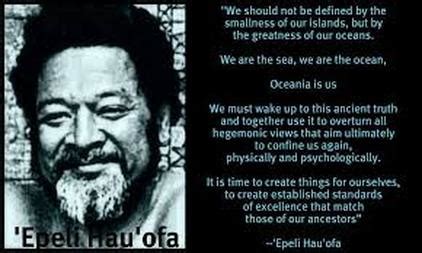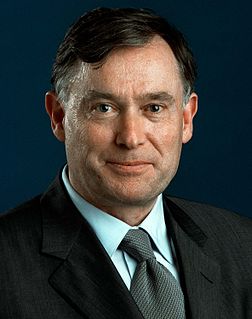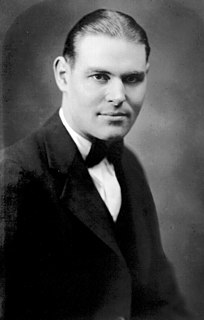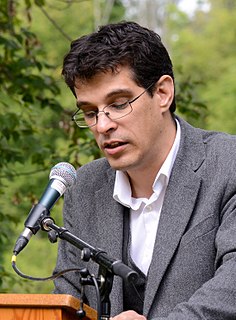A Quote by Ludwig von Mises
History can tell us what happened in the past. But it cannot assert that it must happen again in the future.
Related Quotes
That the past is ahead, in front of us, is a conception of time that helps us retain our memories and to be aware of its presents. What is behind us [the future] cannot be seen and is liable to be forgotten readily. What is ahead of us [the past] cannot be forgotten so readily or ignored, for it is in front of our minds' eyes, always reminding us of its presence. The past is alive in us, so in more than a metaphorical sense the dead are alive - we are our history.
If anyone had told us in 1945 that there are certain battles we'll have to fight again we wouldn't have believed it. Racism, anti-Semitism, starvation of children and, who would have believed that? At least I was convinced then, naively, that at least something happened in history that, because of myself, certain things cannot happen again.
Not all that is presented to us as history has really happened; and what really happened did not actually happen the way it is presented to us; moreover, what really happened is only a small part of all that happened. Everything in history remains uncertain, the largest events as well as the smallest occurrence.
The metaphysical doctrine of determinism simply asserts that all events in this world are fixed, or unalterable, or predetermined. It does not assert that they are known to anybody, or predictable by scientific means. But it asserts that the future is as little changeable as is the past. Everybody knows what we mean when we say that the past cannot be changed. It is in precisely the same sense that the future cannot be changed, according to metaphysical determinism.
Library of the Works of Ludwig von Mises”. Here is an article he wrote in 1951, some two years after his magnum opus Human Action appeared, where is lays out his case in a more popular form. The money sentences are “Economic theory has demonstrated in an irrefutable way that a prosperity created by an expansionist monetary and credit policy is illusory and must end in a slump, an economic crisis. It has happened again and again in the past, and it will happen in the future, too.
Life is the future, not the past. The past can teach us, through experience, how to accomplish things in the future, comfort us with cherished memories, and provide the foundation of what has already been accomplished. But only the future holds life. To live in the past is to embrace what is dead. To live life to its fullest, each day must be created anew.
You see that pale, blue dot? That's us. Everything that has ever happened in all of human history, has happened on that pixel. All the triumphs and all the tragedies, all the wars all the famines, all the major advances... it's our only home. And that is what is at stake, our ability to live on planet Earth, to have a future as a civilization. I believe this is a moral issue, it is your time to seize this issue, it is our time to rise again to secure our future.
Most argument, and in fact most conflict, has nothing to do with the present. It's always about the past or the future. People can't agree on the details of what has happened or is going to happen. But we rarely know what has happened, and we never know what is going to happen. What is really at dispute is how we will deal with not knowing.
It seems to me that the dedication of a library is an act of faith. To bring together the resources of the past and to house them in buildings where they will be preserved for the use of men and women in the future, a nation must believe in three things. It must believe in the past. it must believe in the future. It must, above all, believe in the capacity of its own people so to learn from the past that they can gain in judgment in creating their own future.




































